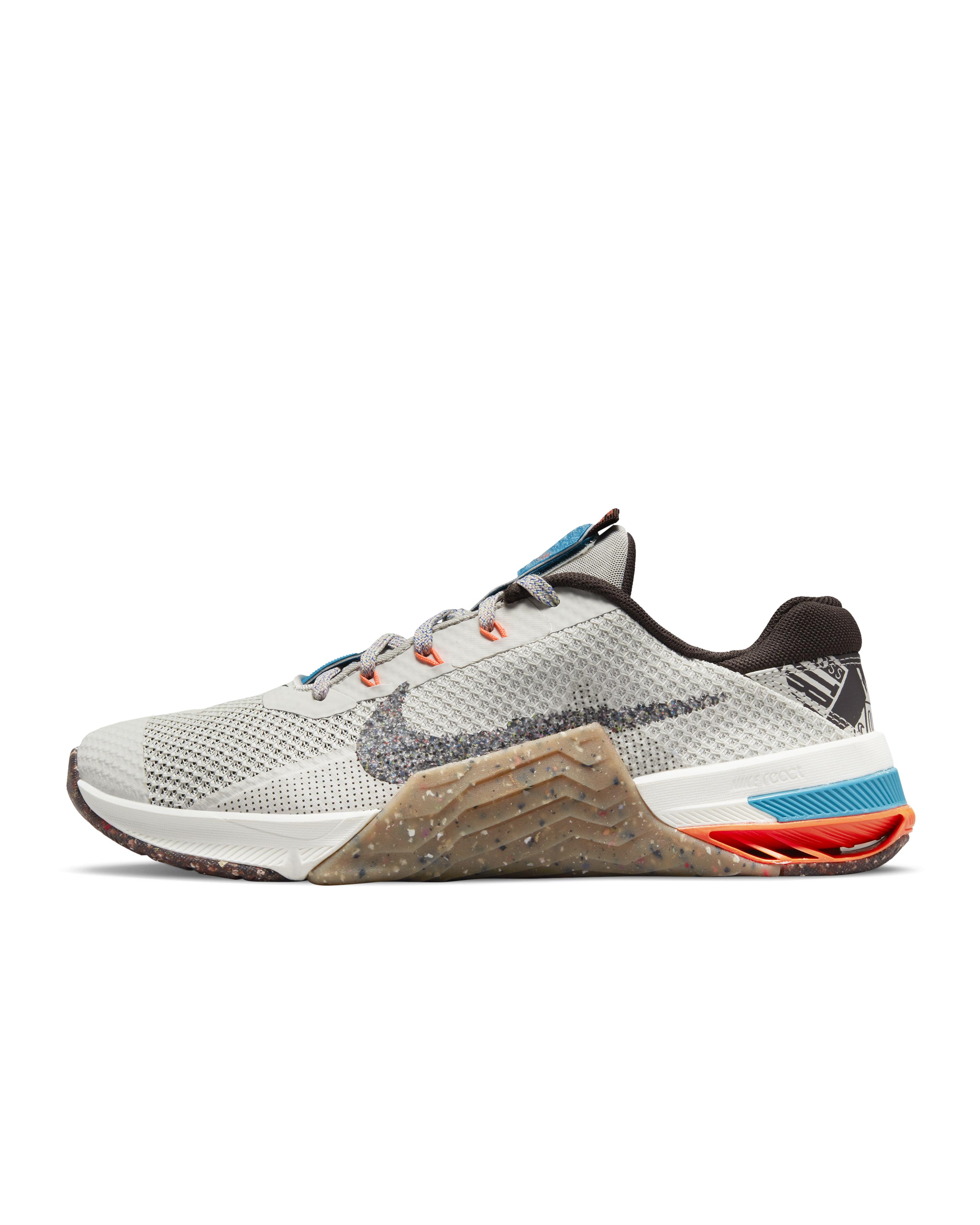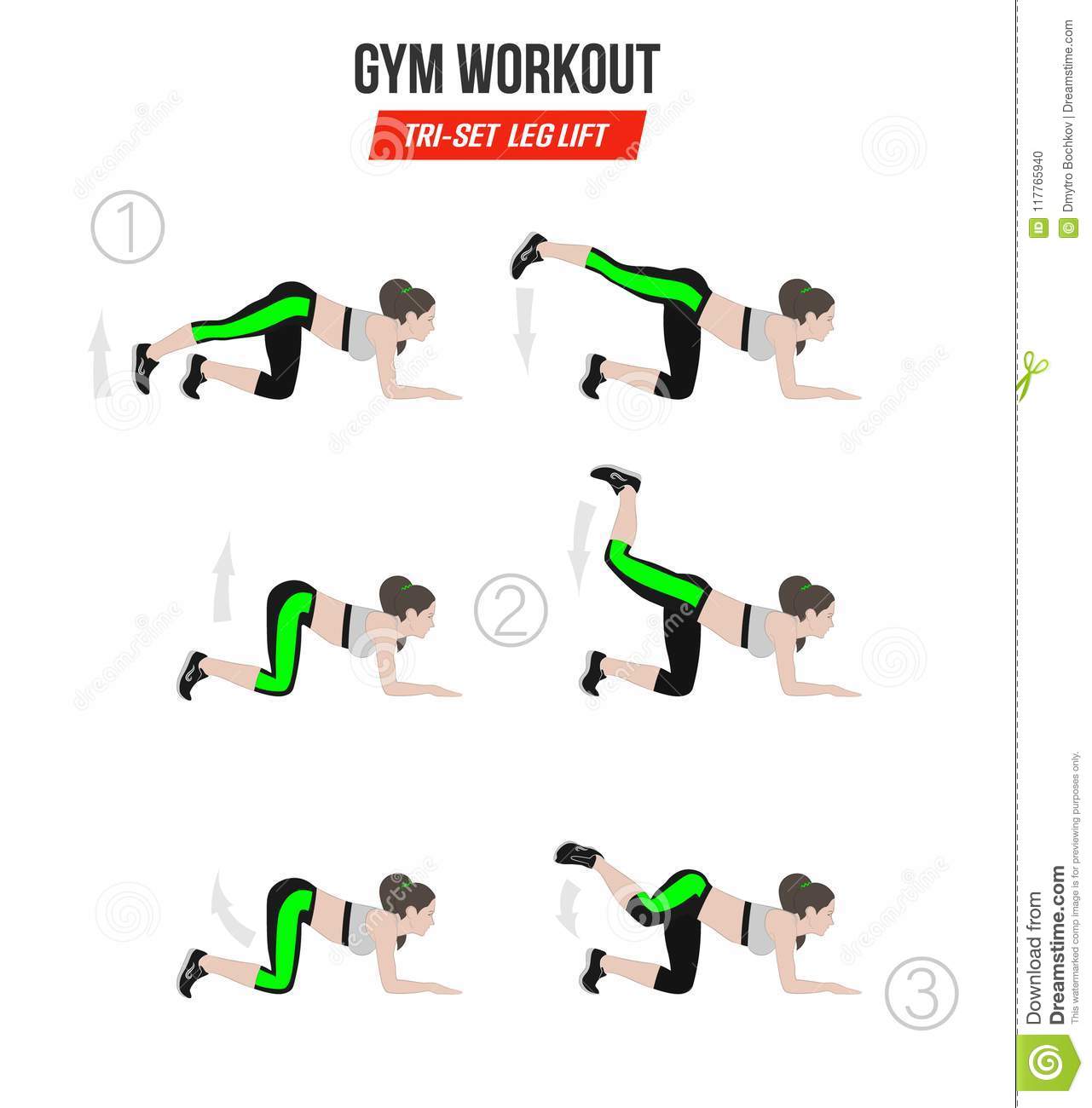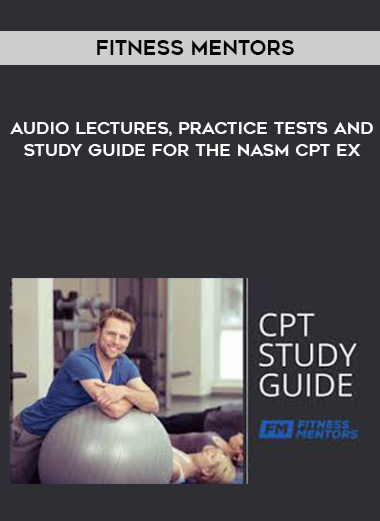
Barefoot exercise is an alternative way to getting in shape. This alternative to regular gym training offers some benefits as well as disadvantages. We will be discussing the risks, benefits and precautions. Once you have a better understanding of this new way of exercising, you can go on to begin your training program barefoot. Keep in mind to begin slowly and use light weights.
Benefits
Barefoot running has many advantages. Barefoot allows for more sensory feedback to our nervous system. This is vital for the proper functioning the body's stabilizing muscle. It can also improve balance and posture. It's not only convenient, but there are many other benefits to going barefoot. These are just three. 1. Get better results. It is beneficial to use your feet for leverage when preventing injuries.
One of the benefits of walking barefoot is a better sense and balance. The brain receives signals from the peripheral nerves located in the feet. These nerves can be damaged and the body may experience difficulty controlling its muscles and staying upright. Running barefoot will improve your body's balance, and your proprioception. The increased sensation in your toes is another benefit. This prevents injury and increases your body's ability adapt to stress.

Drawbacks
There are many benefits to walking barefoot. But you might also be curious as to what are the cons. The truth is that there are some drawbacks to barefoot training, too. During the initial phase of acclimation, you might feel uncomfortable in commercial gyms or while bounding. It is possible to feel uncomfortable when performing lifts or other activities that require you to wear shoes. But, the benefits are far greater than the drawbacks.
The first drawback to barefoot exercise is the risk of injury, especially for the second metatarsal, which is vulnerable to injury. It's a good idea to stop wearing shoes for most of your life and start barefoot yoga or other activities slowly. To protect your feet from broken glass, you can purchase barefoot tape and stick-on soles. However, many gyms require that you wear shoes.
Precautions
Barefoot exercises can be fun and healthy. However, it's important to remember to protect your feet from injury. Barefoot workouts can increase balance and posture, and improve stability. You could also fall on sharp objects or lift large items. You should consult a podiatrist or physical therapist before you decide if going shoeless is for you.
If you're planning on going barefoot, remember to wear shoes when racking weights and adding them to your workout. You should also unrack any weight you have already added. To protect your feet against slipping weight plates, always wear a safety collar. If you are unsure whether you should go naked, you can begin with light activities like walking around the neighborhood.

How to work out barefoot
While most fitness experts agree that going naked is a good idea, it depends on the type and intensity of your workout. A shoe that mimics barefoot running is better than one with a high-heeled sole if you are going to run a marathon. Consider how comfortable you are going barefoot.
Barefoot running has the greatest advantage. It increases proprioception which aids your body in understanding where it is located in space. The ability to understand where you are in space is crucial to good coordination, balance, and stability. Barefoot training will improve your awareness of your body and make you feel stronger and more healthy. Proprioception is a key component of both paddleboarding and barefoot swimming.
FAQ
How nutrition and exercise can make your life better.
Exercise is good for your health, weight loss, muscle growth, stress reduction, and overall well-being. Nutrition is critical for energy and mood. For a longer life expectancy, reduce your intake of meat and alcohol, smoke less, and exercise regularly.
How Can I Get Started With Fitness?
Start small! Try taking 10 minutes each day to walk around the block. This will teach you the basics of movement and give your muscles time for adaptation. Once you've mastered this simple form of exercise, try adding more steps to your daily routine.
Which Is More Important: Exercise, Diet, or Sleep?
It all depends on your goals. If you want to lose weight, diet is the most important factor. If you are looking to build muscle mass, however, exercise is the best option. Because it affects your performance during the day, sleep is the most important factor.
Statistics
- Globally, 28% of adults aged 18 and over were not active enough in 2016 (men 23% and women 32%). (who.int)
- In high-income countries, 26% of men and 35% of women were insufficiently physically active, as compared to 12% of men and 24% of women in low-income countries. (who.int)
- Globally, 81% of adolescents aged 11-17 years were insufficiently physically active in 2016. (who.int)
- An estimated 110,000 deaths per year could be prevented (cdc.gov)
External Links
How To
How to Stay Fit While Pregnant
Your body changes drastically when you become pregnant. You experience a slowing of your metabolism and a decrease in food intake as you grow a child inside. You might even start to feel sick if you don't get enough sleep. But there are ways you can keep yourself healthy while still enjoying this exciting time in your life!
Before starting any exercise regimen, it's important to check with your doctor. Your doctor can help you decide which exercises are safe and which should be avoided. The second is to eat well throughout pregnancy. This includes eating plenty of protein, fiber, and iron. Third, make sure to drink plenty of fluids. Because sweating can cause fluid loss, it's particularly important to drink water while exercising. Take care of your feet. Keep your feet dry and wear shoes that support them. Take small bites of toast or crackers if morning sickness is a problem. If you do not eat something small, you might feel nauseated.
-
Healthy eating is key. A healthy diet is crucial throughout the entire pregnancy.
-
Stay active. Get active for at least 30 minutes each day.
-
Keep a healthy weight You can lose weight by eating smaller meals and snacks more often.
-
Get Enough Sleep. Each night, aim to get at least 7-9 hours of rest.
-
Manage Stress. Learn relaxation techniques.
-
Avoid Alcohol. It may lead to miscarriage and birth defects.
-
Be kind to yourself. Be gentle with yourself.
-
Take care of your self. It is important to have someone keep an eye on you whenever you feel the need.
-
Relax. Do the things that make your heart happy.